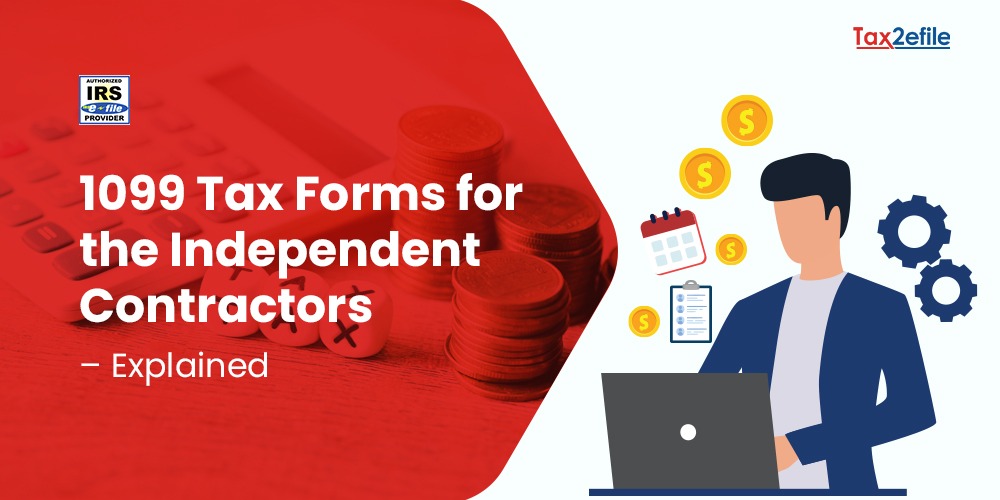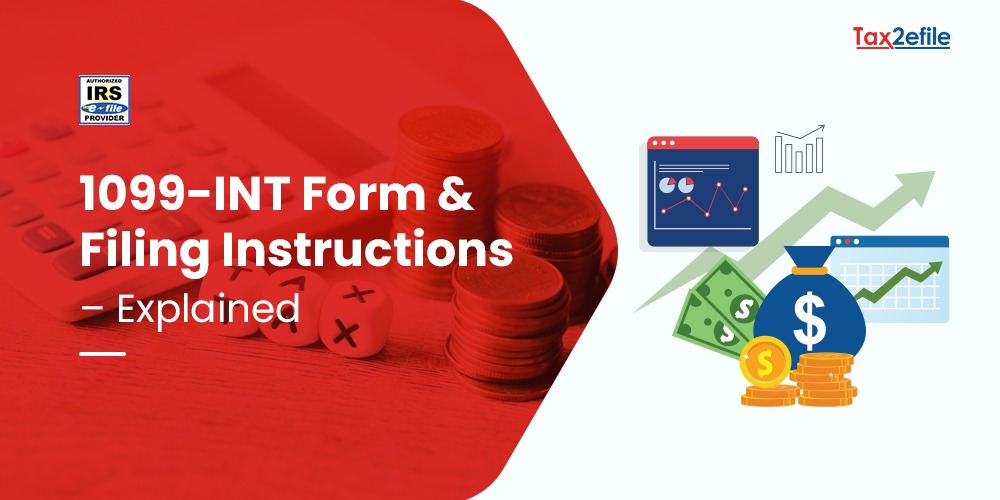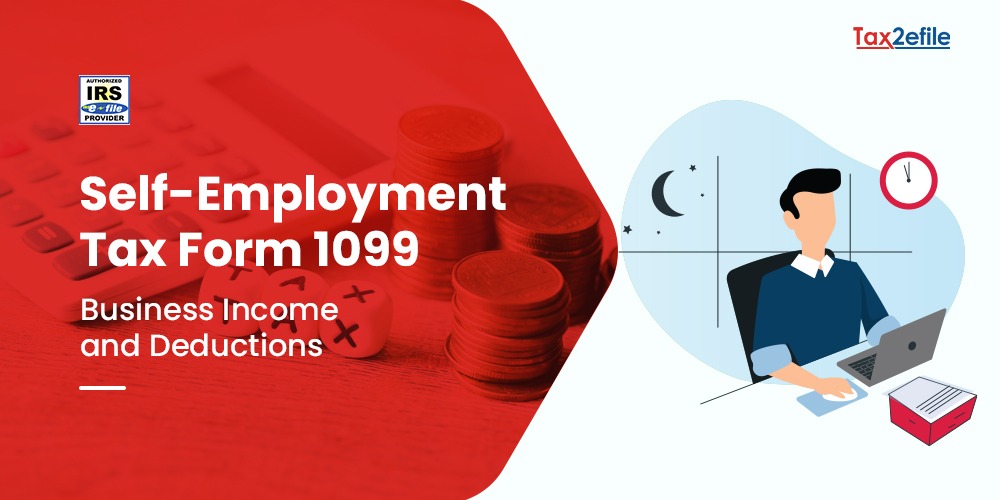- September 10, 2018

There are numerous benefits while you hire the independent contractors ( ICs), but also there are few drawbacks too. Hence, before hiring an independent contractor you need to assess both the pros and cons so that you get a clear understanding before taking a better decision.
Table of Contents
Pros of Hiring Independent Contractors
There are many advantages of using independent contractors when compared to normal employees.
Save More Money
Though most of the employers pay their Independent Contractors per hour, this is more than they could pay the employees in order to perform the same work. But it costs more for the employers to hire employees. If you are hiring an employee, you may have to pay a number of expenses, which you no need to pay for the independent contractors, containing the employer benefits, equipment, and office space. In addition to that, you need to make the payments and contributions on behalf of the employees, which includes the following:
- Employer’s share of the employee’s Medicare taxes and Social Security taxes, that sums up to 7.65 % of the employee’s compensation.
- Insurance of state unemployment compensation and
- Insurance of worker’s compensation.
These expenses will increase the cost of the payroll by 20 % to 30 % or more.
Staffing Flexibility
With the Independent contractors, the employers enjoy more freedom in hiring and letting them go. This is advantageous for the employers, who have fluctuating workloads. The employers can hire the Independent Contractors for a specific project or task so that after the completion of the job the IC can go without any further cost and legal trouble.
Decrease lawsuit Exposure
Employees have a list of rights under the federal and state laws. Therefore, they have a wide variety of claims that they can bring against their employers when violating those rights. The rights that are not available for the Independent Contractors but applicable for employees are:
- Right to receive the minimum wage at the lease and regular hourly wage for the employees who qualify for overtime compensation.
- Protection against employment discrimination depending on color, gender, national origin, gender etc.
- Right to form employee union.
- Right to take leave to care for a sick family member or a newborn child.
- Regular employees can take legal action against the employers for incorrect or termination against law.
Cons of Hiring Independent Contractors
Apart from those listed benefits, there are also some drawbacks when you hire an Independent Contractors. Listing the disadvantages when hiring the Independent Contractors.
Less control over the contract workers
The employers cannot supervise the contract workers, like their regular employees. These contractors enjoy some freedom to decide how to handle the task better. When you want to have a significant control over those workers, then you must classify them under employees.
Workers are not static
Independent Contractors are mostly hired for short-term projects and those workers are not permanent, this will be disruptive and inconvenient. The quality of work also differs from various contractors.
Firing a contractor depends on the written agreement
The employer is restricted to fire an IC as like your regular employees. The right to terminate the part-time employees (Independent Contractors) is determined by the terms of the written agreement with the contractor. When you violate the agreement and fire the IC, then you are liable to breach of contract.
Copyrights problems with the ICs work
The employer will not be considered as the owner of the contractor’s work unless there is a written agreement between the employer and the contractor to transfer the copyright ownership.
Risk of Government Audits
The federal and state agencies, IRS wants many workers as employees but not as independent contractors. When more workers are under the employee’s category, the government receives more tax money as the regular workers cannot hide the income from the tax department.
You may attract the state’s unemployment compensation at the state level or worker’s compensation agency when the worker is classified as IC and applies for the benefits. In addition, the employer might also face an audit from the tax agency of the state.
When you are checking the article, you will find an equal number of pro’s and con’s when you hire an independent contractor. So determining those factors, measure the criticality level and decide whether selecting an independent contractor will benefit you or not.


